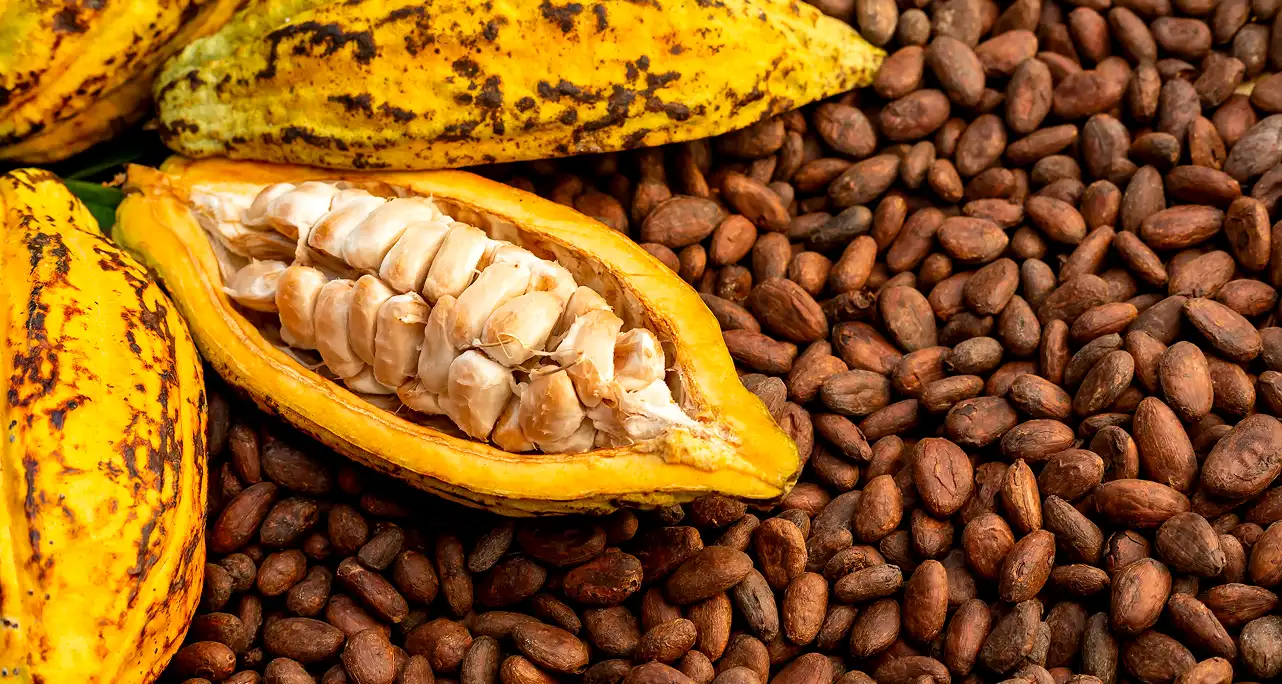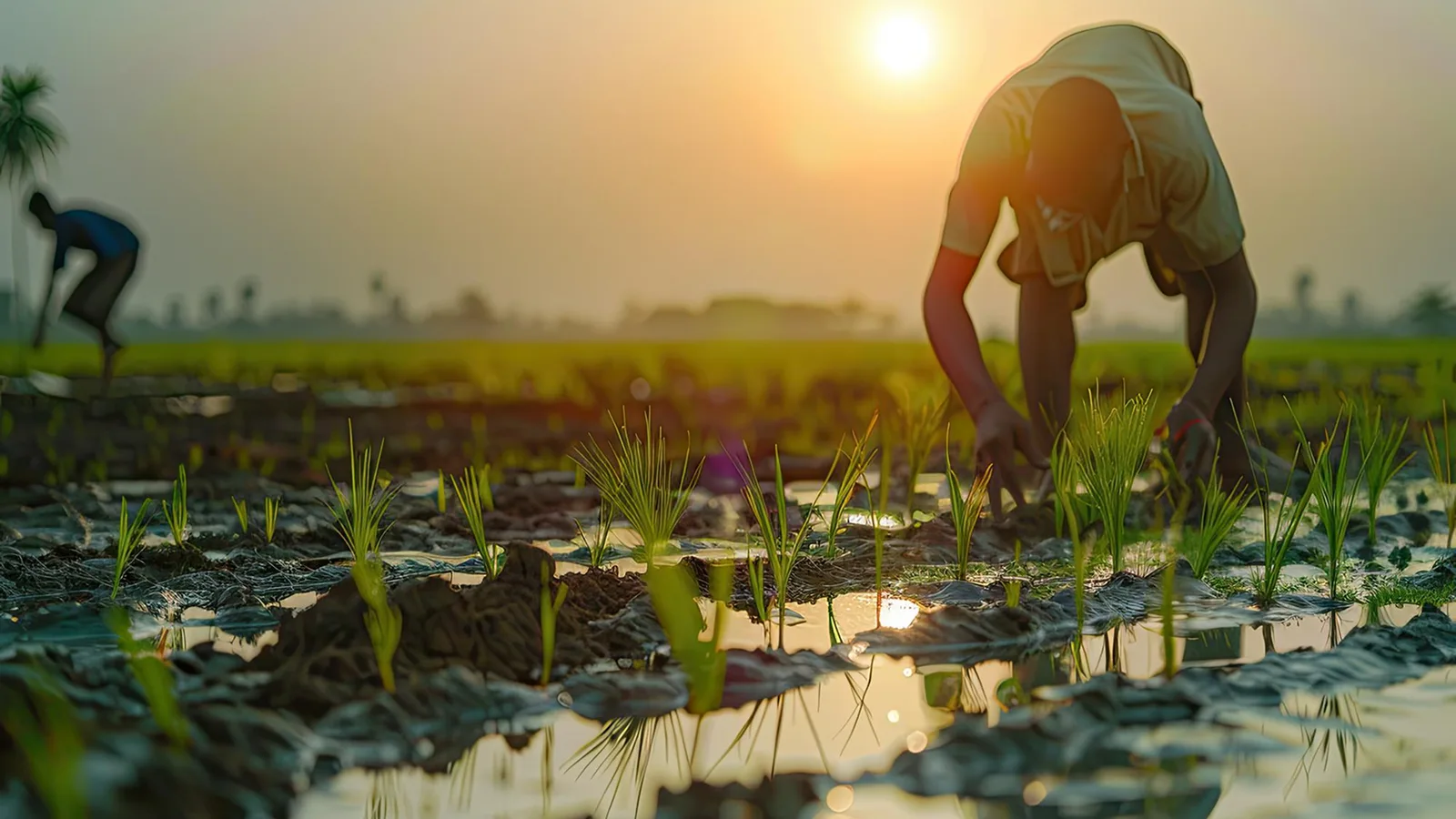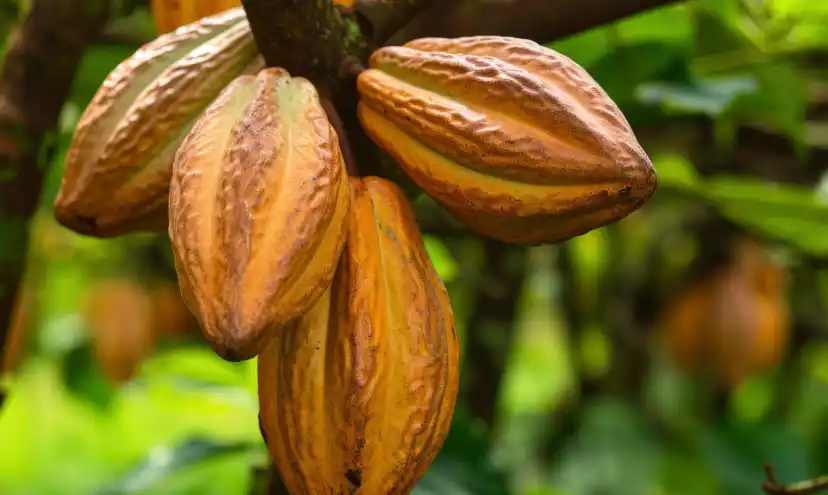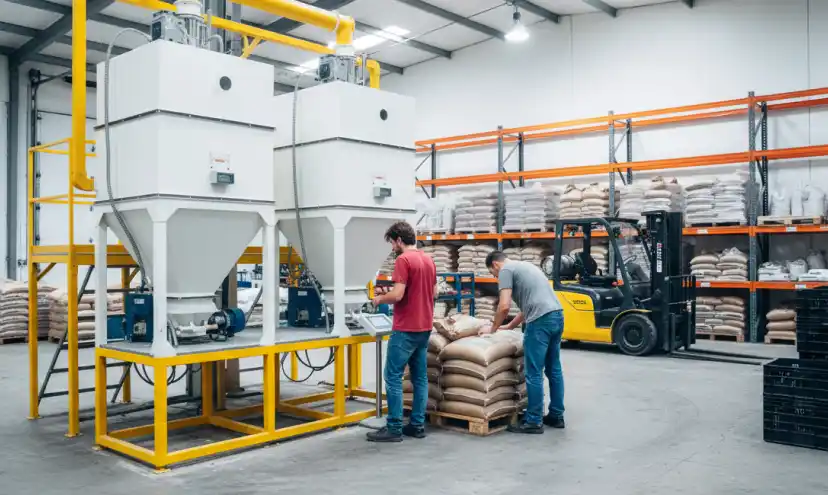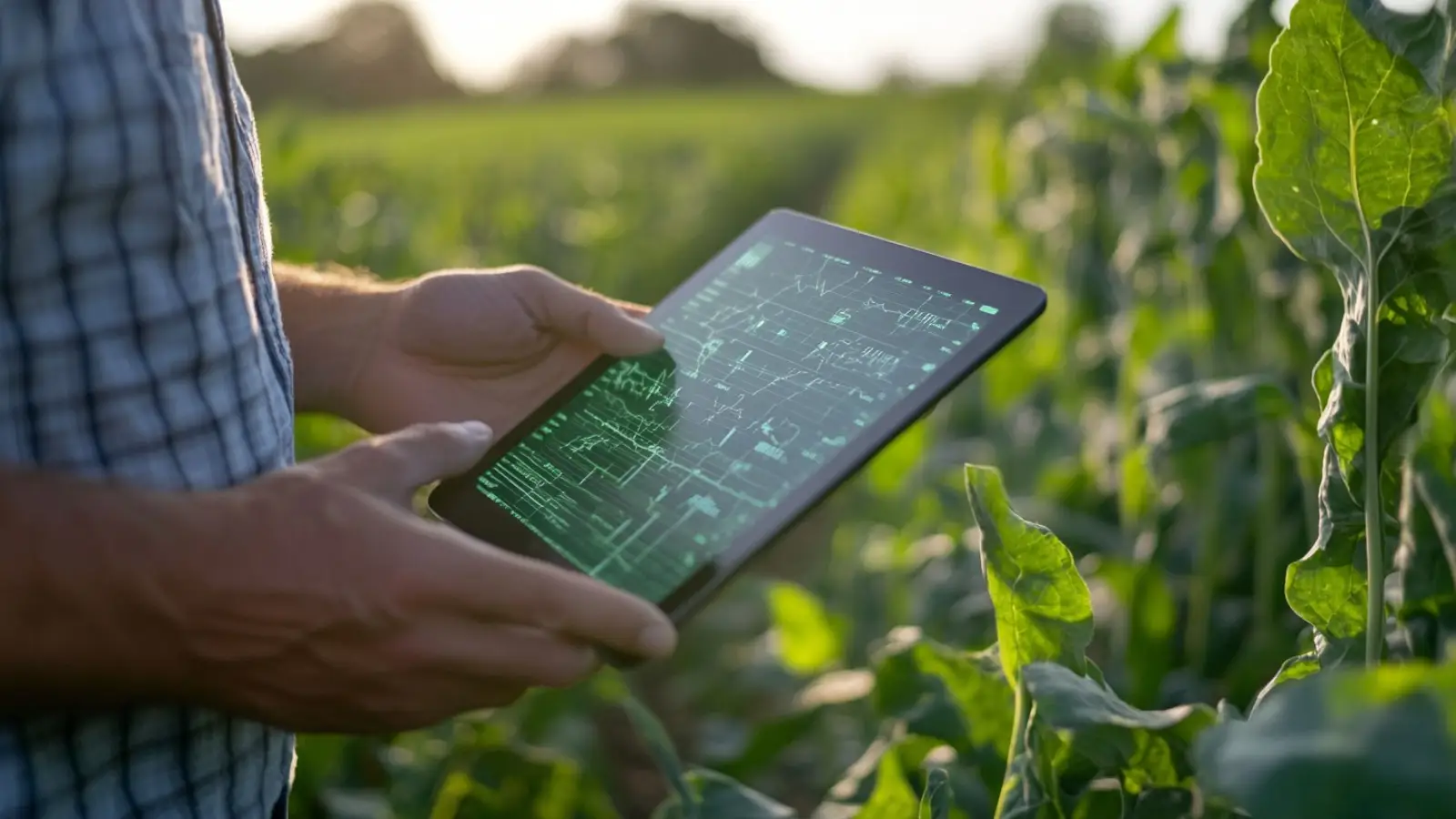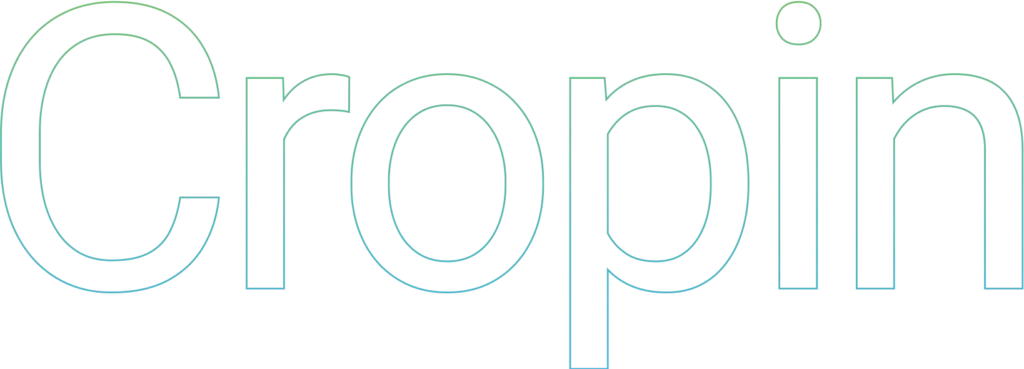Cocoa production in Ghana
Ghana is the world’s second-biggest producer of cocoa. Sadly, the country earns only about 2% of the $100 billion industry’s profit. Most farmers export their cocoa beans to Europe and North America in the raw form, where the chocolate industry mainly consumes it. In the cocoa value chain, the ‘finished product’ is where the profit lies. The reality is that many cocoa farmers in Ghana still live in abject poverty, with a median income below the World Bank poverty line of $2 per day.
Other crippling factors such as rampant child labor, soil degradation, loss of biodiversity, climatic changes such as prolonged dry seasons, less rainfall, etc., and the appearance of newer pests and diseases affect cocoa yield and quality. This is the bitter truth for many farmers in Ghana today. To tackle these challenges, Rainforest Alliance, an international non-profit organization actively working towards improving the livelihoods of cocoa farmers in Ghana, initiated Sat4Farming. Competing with many international Agtech contenders, Cropin won the Sat4Farming Challenge in 2019.
The digitization project creates individualized digital Farm Development Plans (FDP) that aim to improve farmers’ technological know-how to enhance their livelihood through higher productivity. The partners co-developed an artificial intelligence/machine learning (AI/ML) based future-ready solution called ‘CocoaSense’. It empowered farmers to manage and monitor their plantations with accurate, affordable, and scalable insights. The Rainforest Alliance-Cropin partnership leveraged Cropin’s innovative Agtech platform with a target to triple the average yield of Ghanaian cocoa farmers to 1500 kilograms per annum.
The top 3 challenges of cocoa production in Ghana
Cocoa production in Ghana poses multi-dimensional challenges for farmers and farming companies alike. The top three challenges identified by Rainforest Alliance are:
- Large-scale crop losses due to weather and climate change
- Evolution of newer diseases and pests affects cocoa output, leading to inconsistent yields
- Lack of compliance and certification processes adds complexity to an already overburdened (and outdated) cocoa farming system.
Rethinking cocoa production in Ghana- with a digital touch
Rainforest Alliance, in partnership with Cropin, launched – CocoaSense – for cocoa farmers in Ghana. The objective was to work with these farmers to benchmark farming practices, improve the smallholders’ economic sustainability, and arm farmers with the scientific know-how to turn profitable, and sustainably.
Cropin and Rainforest Alliance co-developed and perfected ‘CocoaSense’. Leveraging Agtech, CocoaSense aimed to provide an integrated offering that started with structured data aggregation. The ongoing project extends predictive and prescriptive intelligence, leading to improved, high-quality cocoa production. Pilot programs were conducted to check for viability and drive scale.
The cocoa farming process underwent a digital makeover to boost crop yield
Cropin developed ‘CocoaSense’ as a cocoa-specific remote sensing data product powered by AI and satellite imagery that helps cocoa farmers manage and monitor crops. Farmers also benefitted from mobile-enabled individualized digital FDPs, which guided them over a seven-year period. The platform was built using a suite of emerging technologies (think Geospatial Imaging, Predictive Modeling, Intuitive SISENSE powered Dashboards, and Geo-Tagging). Access to real-time, accurate, and reliable data-driven insights helped smallholder farmers prevent crop diseases, and improve their economic health, farm health, yield outputs, etc., at the plot level.
Round-the-clock advisory and consulting
Advisory initiatives extended by CocoaSense empowered farmers during the cocoa farming process. Under this initiative, the Package of Practices (PoPs) was shared with farmers, and the field team provided training on best practices for cocoa crops. Cropin also provided weather-based advisory and promoted climate-smart agriculture. In addition, farmers benefited from timely and dependable pest and disease alerts. The bonus was the platform’s voice messages multilingual support in regional languages, ensuring easy adaptability and seamless integration to the local context.
Cropin conducted training programs for the field officers to ensure effortless product adoption. The initiative offered 24×7 assistance to farmers through satellite and weather input-based crop advisory. The solution also enabled seamless two-way communication with the farmers to drive farmer engagement.
The initiative provided field officers with data organization and platform management training to ensure easy access and help them update their activities on the app. Cropin monitored data collection activities to check for activation. Field officers shared regular product feature update alerts and product user manuals to help them share knowledge with cocoa farmers.
The future-ready farming solution
Cropin supports SAT4Farming’s target to achieve:
- 3X = Growth in average yields of Ghanaian cocoa farmers
- 1500 kg = Annual production of cocoa by farmers
- Disease prediction - Black Pod disease with 74% accuracy
CocoaSense was built to support SAT4Farming’s objective–to empower cocoa farmers in Ghana. Building a remote sensing data product specific to cocoa on top of Cropin’s already existing platform interface solved the complexities of smallholder livelihoods in a lean manner. It drove a new reality – one with end-to-end cocoa traceability and a profitable cocoa farming process.
Project summary
On-going

Impact of the project
- CocoaSense was built to support SAT4Farming’s objective to triple the average yields of Ghanaian cocoa farmers to 1,500 kg per year.
- Building the cocoa-specific remote sensing data product on top of Cropin’s already existing platform interface solves the complexities associated with smallholder livelihoods in a lean manner.

